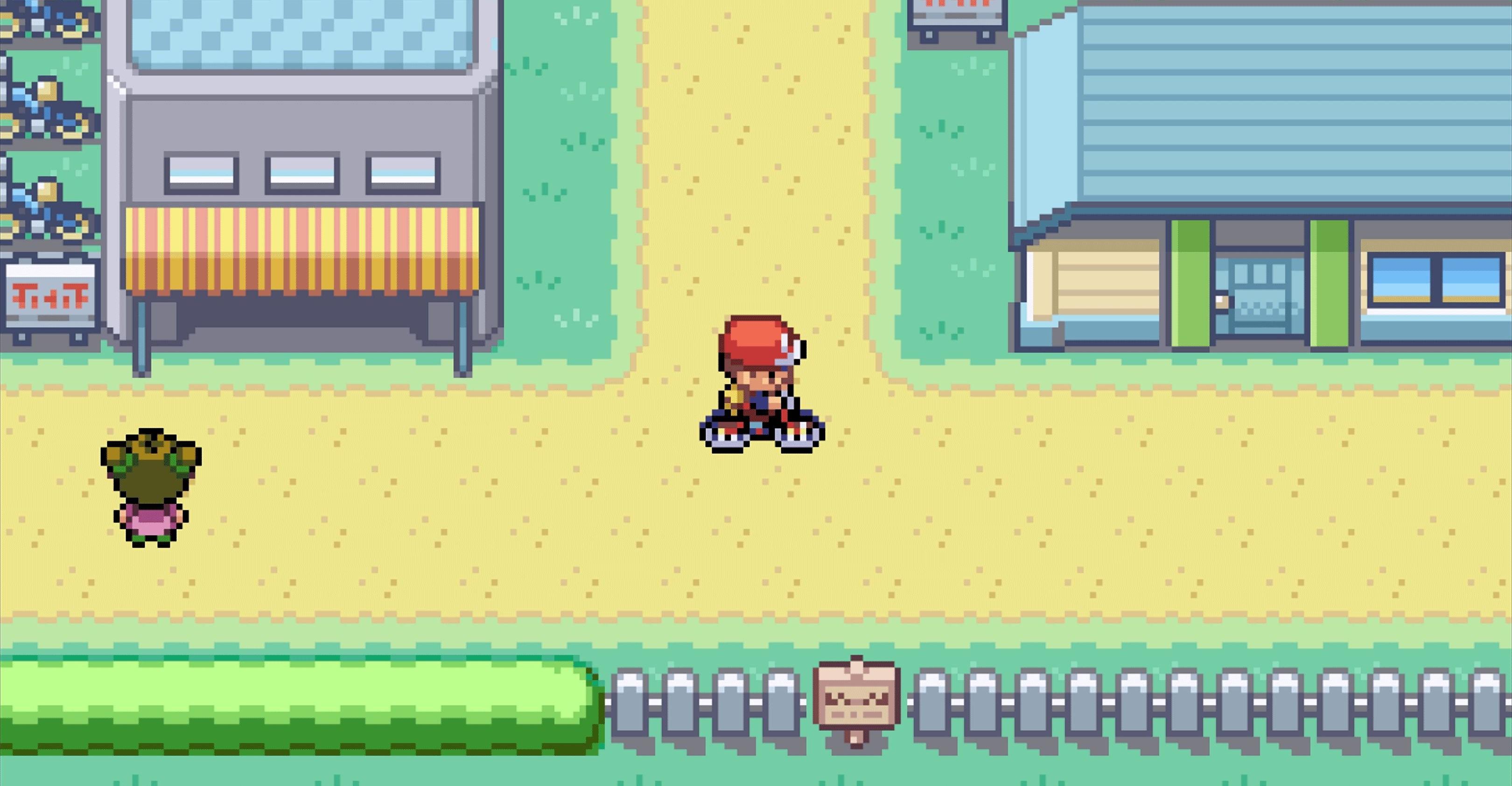Doctors have advised pollen allergy patients to use masks.


Islamabad: The amount of pollen emitted from plants in Islamabad is continuously increasing and has now been recorded at 45,916.
After the increase in the amount of pollen in the air, the number of allergy diseases has increased among citizens, while asthma and respiratory patients are being severely affected by the increase in pollen.
According to reports, the number of allergy-affected patients in hospitals has also increased. Doctors have advised pollen allergy patients to use masks.
According to the Meteorological Department, the highest amount of pollen was recorded in Sector H8, while the amount of pollen in Sector G6 was 12,628, in Sector E8 11,019, and 8,251 in Sector F10.
Experts have expressed concern that the amount of pollen particles may increase further. Therefore, citizens should be careful and especially pollen allergy patients should use masks.
What is pollen allergy?
Pollen allergy, also known as ‘hay fever’ or ‘seasonal allergy,’ is an allergy caused by pollen (dust from flowers, trees, and grasses). When these pollen particles enter the nose, mouth, or eyes of a person through the air, the body’s immune system reacts to them as a threat, causing allergy symptoms.
Causes
The main cause of a pollen allergy is the body’s immune system, which mistakenly identifies the pollen as dangerous and makes antibodies against it. During this process, the body releases a chemical called ‘histamine,’ which causes allergy symptoms. This allergy usually occurs in people who have a sensitive immune system or who have a family history of allergies.
Symptoms
Some common symptoms of pollen allergy include:
- Runny or stuffy nose
- Sneezing
- Itchy, red, or watery eyes
- Sore throat or cough
- Headache or fatigue
Prevention
Stay indoors:
Especially in the morning hours, when the amount of pollen in the air is higher.
Keep windows, doors closed:
So that pollen particles cannot enter the house.
Wear mask:
Using a mask when going out can prevent pollen particles from entering through inhalation.
Wash clothes, hair:
Wash clothes and hair after coming from outside to remove pollen particles.
Antihistamines:
Using anti-allergy medications as recommended by a doctor can reduce symptoms.
Treatment
If the symptoms are severe, it is important to consult a doctor. Your doctor may prescribe anti-allergy medications, nasal sprays, or allergy shots (immunotherapy), which can be part of a long-term treatment.
Although pollen allergies can be uncomfortable, their effects can be minimized with precautions and proper treatment.
Security forces neutralise four Indian-sponsored terrorists in Pishin IBO: ISPR
- 18 hours ago

Pakistan targets 7 TTP, ISKP hideouts in border operation
- 2 days ago

What are gold rates in Pakistan, global markets today?
- 18 hours ago
UN chief decries global rise of ‘rule of force’
- 16 hours ago

Pakistan, Bangladesh to expand cooperation across diverse sectors
- 2 days ago

President, PM urge Scouts to assist Govt in dealing with challenges
- 2 days ago

Ken Watanabe didn’t think a kabuki movie would work
- 6 hours ago

Nintendo’s next big Pokémon presentation is on February 27th
- 6 hours ago
Iran says any US attack including limited strikes would be ‘act of aggression’
- 18 hours ago
T20 World Cup: Pakistan warn England’s flaky batting to expect a trial by spin
- 18 hours ago
Three Federal Constabulary personnel martyred in terrorist attack in KP’s Karak
- 18 hours ago

Super eight: spinners’ magic works as England beat Sri Lanka by 51 runs
- 2 days ago




